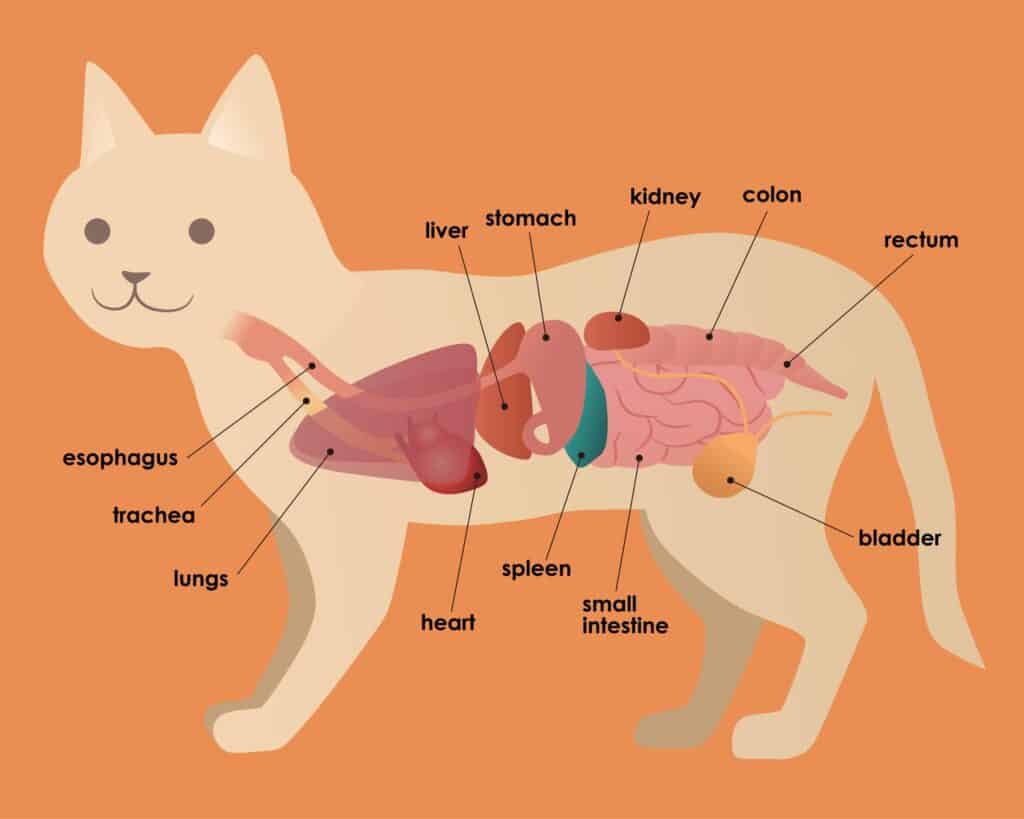Endoscopy for Diagnosis of Gastrointestinal Disorders in Pets
Endoscopy for Diagnosis of Gastrointestinal Disorders in Pets

Medicine is an ever-changing science, with new options emerging all the time. Not only are new discoveries happening, but new surgical techniques are also being developed. In particular, endoscopy has allowed us to do more than ever with less invasive methods for our patients. Parkside Animal Hospital is happy to be able to offer this technology to better care for the pets that depend on us.
All About Pet Endoscopy
An endoscope is essentially a small, flexible camera that can visualize areas of interest in our patients. You can think of it as a medical Go-Pro. Our team can use the endoscope to get a better look at an internal organ, aid in surgery, or help with obtaining a biopsy or diagnostic sample.
Pet endoscopy can be used to access:
- The lower airways
- The colon and rectal sections of the gastrointestinal tract
- The esophagus, stomach and upper small intestine
- Inside joints
- The bladder and lower urinary tract
- The nasal passages and pharynx
- The abdominal cavity
During endoscopy, the patient is placed under general anesthesia and the endoscope is inserted into the area of interest. If needed, a small surgical incision is made to allow access.
Endoscopy for GI Disorders in Pets
One of the primary reasons that our hospital utilizes endoscopy on pets is to diagnose or treat gastrointestinal issues. The endoscope can be introduced either orally or rectally, and can reach many parts of the GI tract.
GI uses for endoscopy can include:
- Sampling of tumors on dogs or cats
- Sampling or removal of polyps in cats or dogs
- Evaluation and diagnosis of inflammatory bowel disease
- Visualization and evaluation of gastrointestinal abnormalities
- Retrieval of foreign objects in GI tract
Looking at an area of interest can be very helpful. Sometimes, though, just looking with our eyes doesn’t tell the whole story. Taking tissue samples (biopsies) from an area of interest, even if it appears normally, can aid tremendously in reaching a diagnosis.
Some intestinal tumors in cats and dogs or autoimmune/inflammatory conditions can really only be diagnosed microscopically. Endoscopy can really help us diagnostically.
Arriving at an accurate diagnosis can really help us better treat your pet as well. When we better understand the disease process we are battling, we can offer more targeted and often more effective management and treatment options.
Our team takes great pride in offering the best medicine possible to our pet patients. You can rest easy knowing that your furry friend is in good hands with us, no matter the problem.
